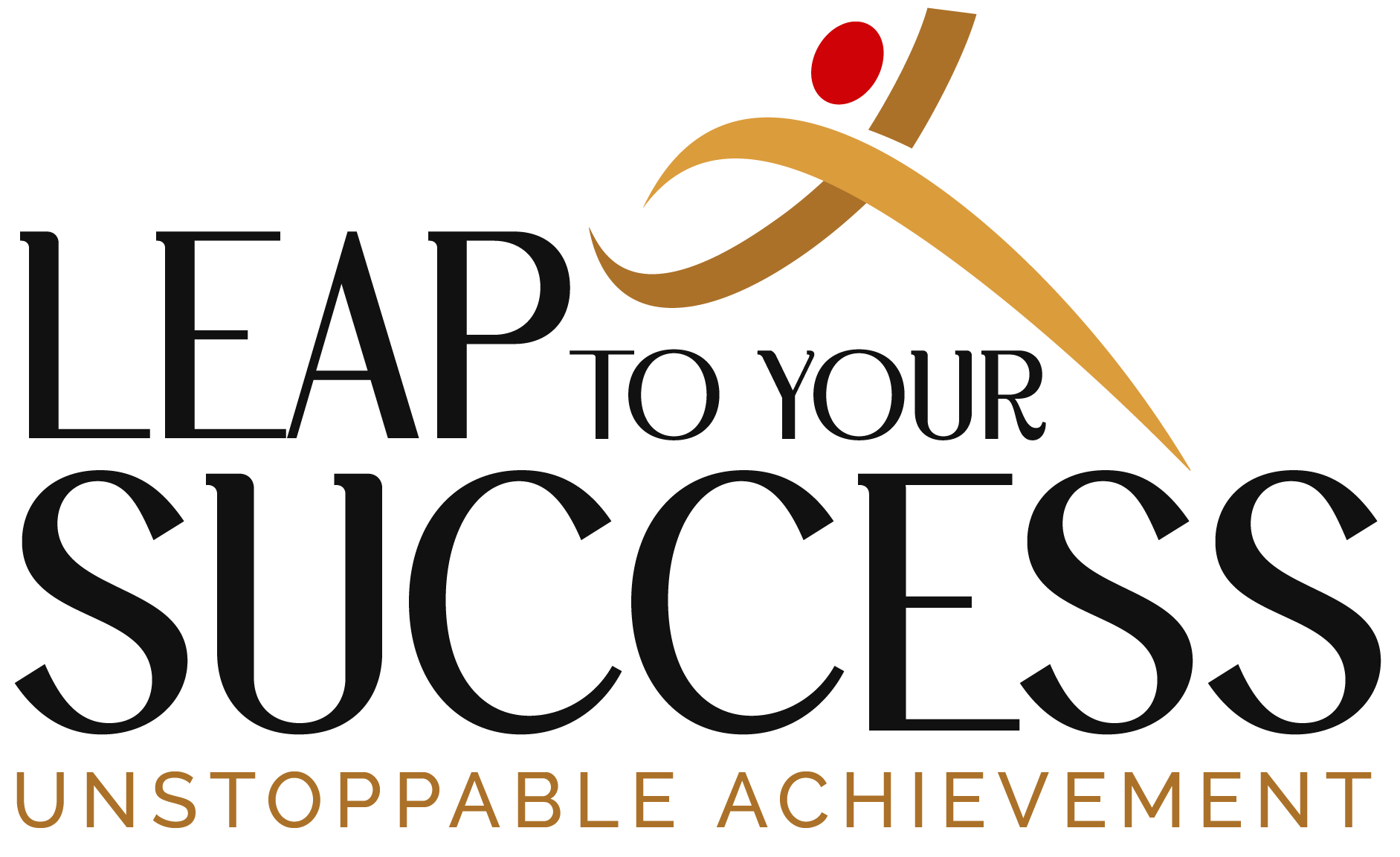This past weekend, we wrapped up another basketball season. It should have been about teamwork, sportsmanship, and growth. Instead, we faced a team notorious for playing dirty—not just physically, but in spirit.
Last year, when we played them, one of our varsity girls was hit so hard she landed on her head, suffering a severe concussion that kept her out of school for four weeks. My own son was tripped—on purpose—and tore his meniscus again. Another player walked away with a fat, bloody lip.
The worst part? Nothing was done. No calls from the refs. No reprimands from the NIAA.
This year, history repeated itself. Injuries piled up. The referees seemed to be on their payroll. And the students in the stands? They took it even further—hurling obscenities, shouting the kind of comments that make you question what we’re really teaching our kids about competition.
As a parent, I felt heartbroken. As a leader, I felt challenged.
What Are We Teaching the Next Generation?
Competition should push us to achieve more, to work harder, to rise to the challenge. But meanness? That should never be part of the playbook.
This isn’t just about sports. It’s about how we show up in boardrooms, in business, in our everyday interactions. There’s a line between playing hard and playing dirty. Some cross that line—whether in a game, in a deal, or in life. And when bad behavior is tolerated, it thrives.
So How Do We Lead Differently?
If you’ve ever encountered a person or a company that plays dirty, I challenge you to take two steps toward yes for change:
- Shift the Narrative. Instead of stewing in frustration, send a message that makes them think. A simple card or email—something unexpected—acknowledging their “toughness” but challenging them to lead differently.
- Thank the Adversity. If you lost a client, a deal, or an opportunity because of unfair tactics, flip the script. Thank them—not for the loss, but for making you better. Stronger. More resilient. Because that’s what real competitors do.
What Else Can We Do?
Here are a few more ways we can foster integrity—on the field, in the workplace, and in life:
- Model the behavior we want to see. If we expect good sportsmanship from kids, we need to demonstrate it as leaders. How we handle setbacks speaks volumes.
- Call out poor behavior—strategically. Complaining rarely changes things. But documenting, reporting, and having the right conversations in the right rooms? That creates accountability.
- Encourage real competition. Rivalry is good. It sharpens us. But it should be rooted in respect and effort, not intimidation and sabotage.
There’s always a choice in how we play the game—whether in sports, business, or leadership. Choose to compete with integrity. Play hard, but never play mean.
Because at the end of the day, the real win isn’t just the scoreboard—it’s the legacy we leave behind.
What are your thoughts? Have you ever faced a situation where someone “played dirty”? How did you handle it? Let’s start a conversation about how we can lead better—on and off the court.







